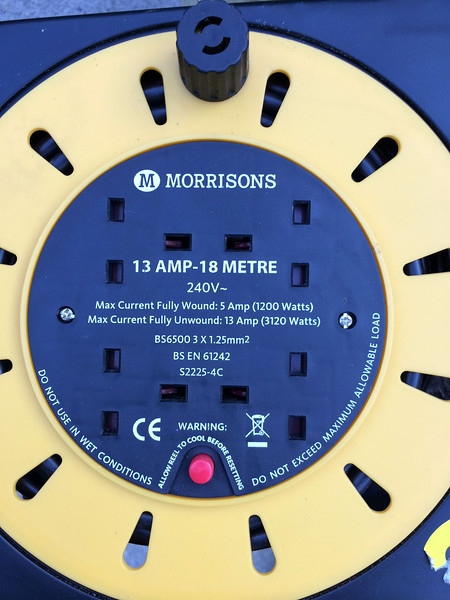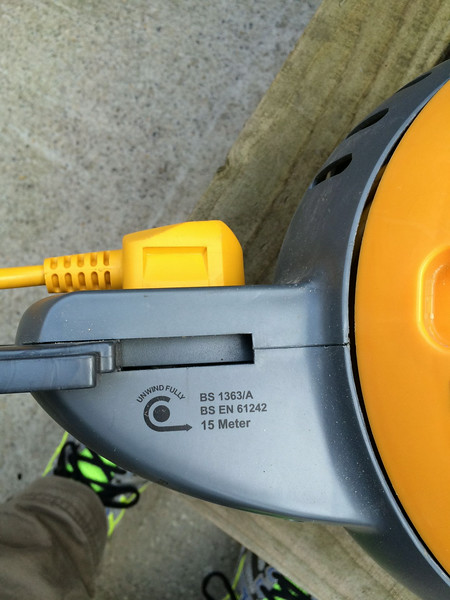Is there a correct way to do this?
Connect the van end first.
Or the supply end first?
My simple thoughts were to connect the van end first because if you connect the supply end first you are walking around with a 'live' cable in your hands.
Connect the van end first.
Or the supply end first?
My simple thoughts were to connect the van end first because if you connect the supply end first you are walking around with a 'live' cable in your hands.





